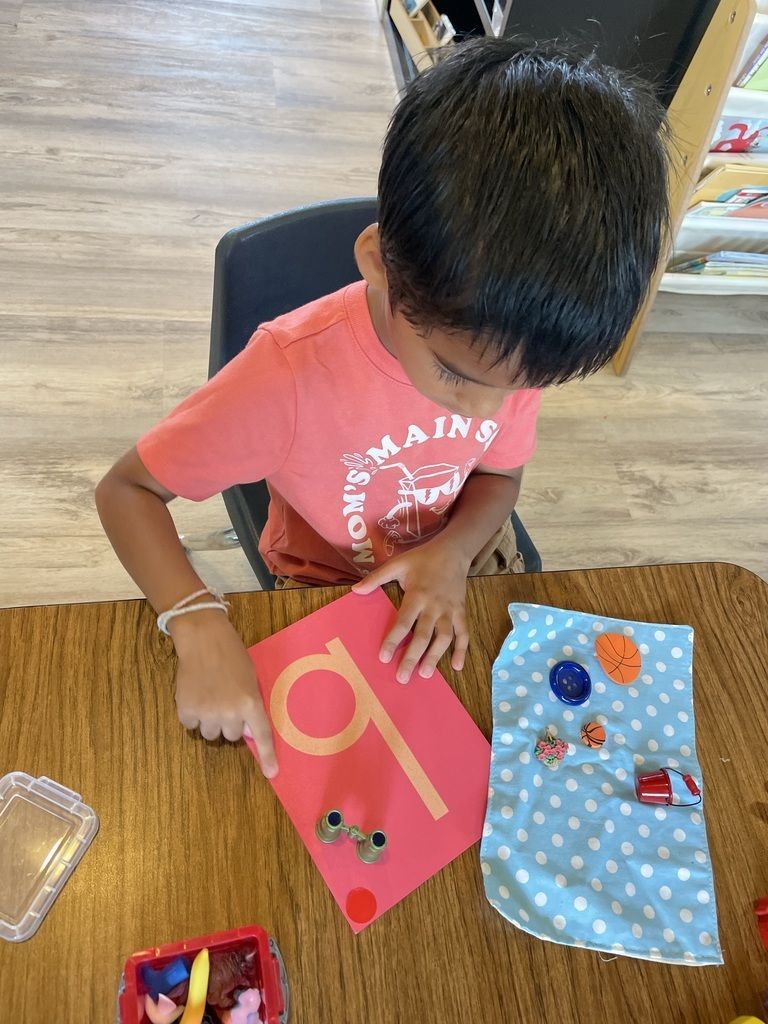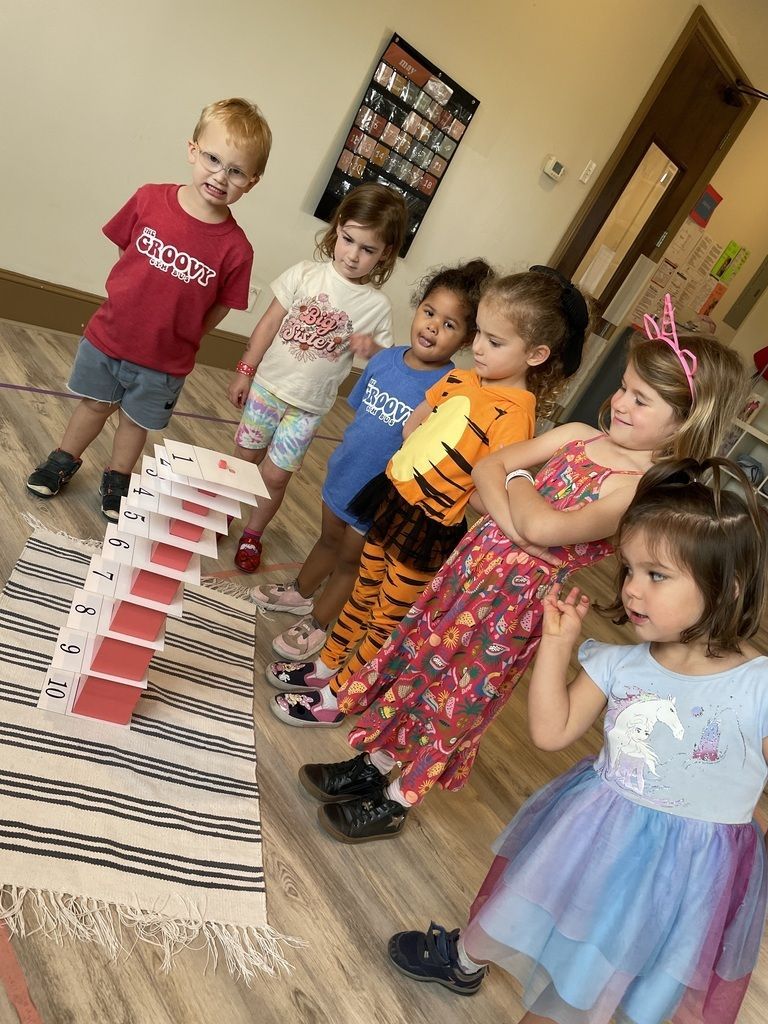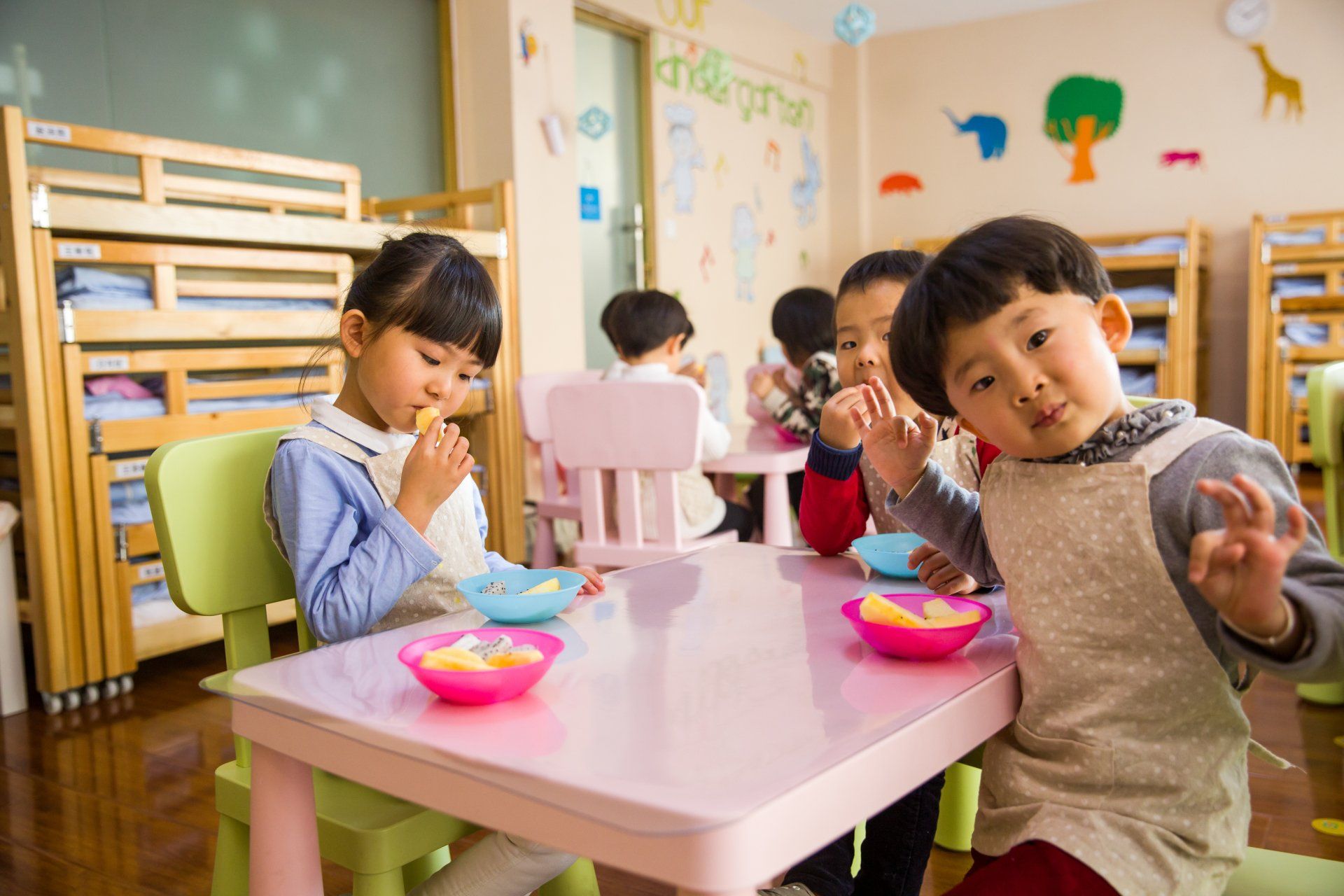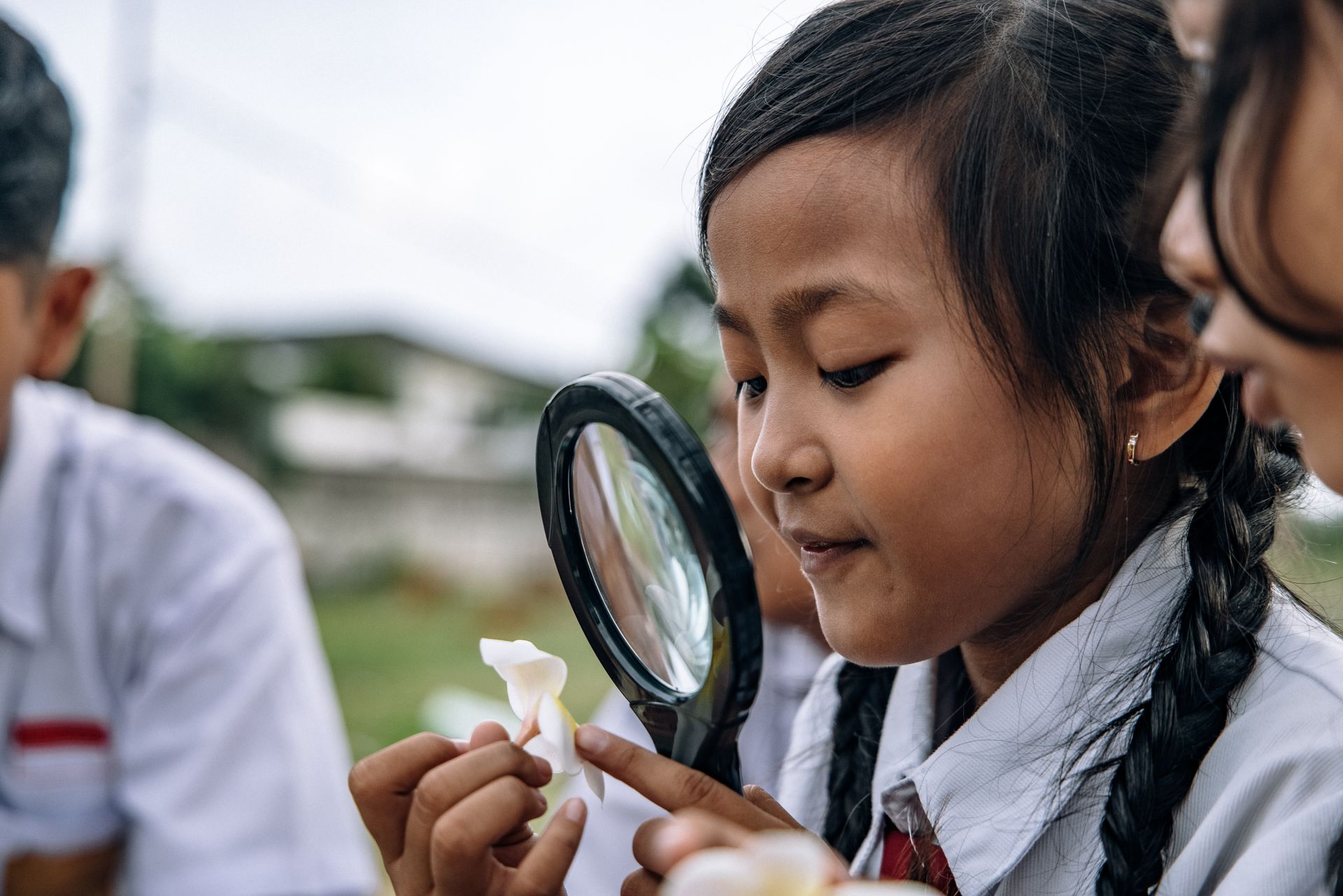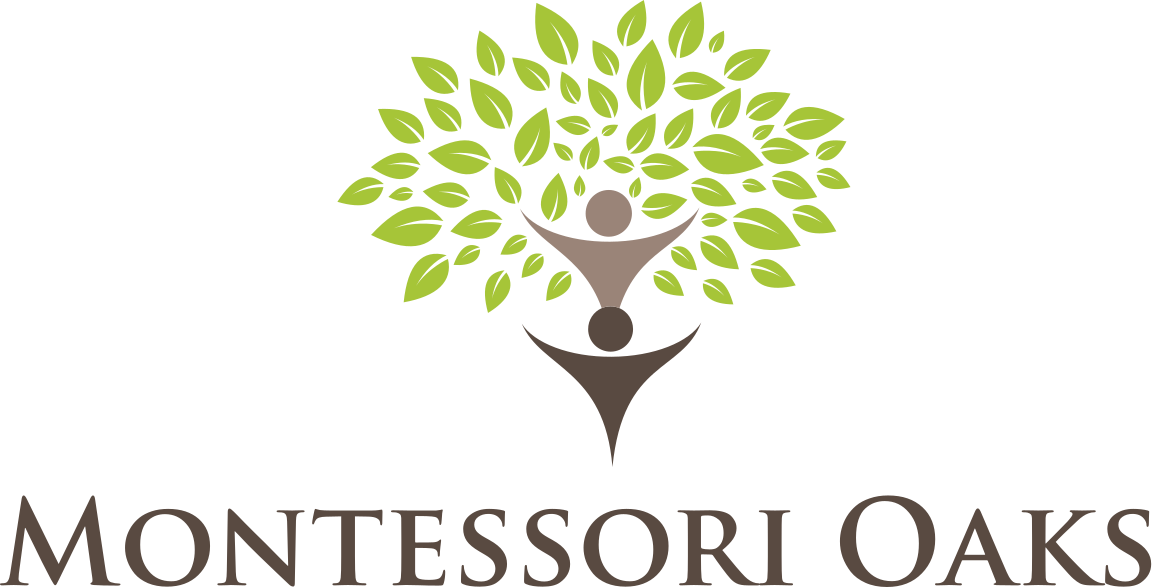The Crucial Role of Emotional Development and Mental Health in Preschool Education

The Crucial Role of Emotional Development and Mental Health in Preschool Education
As parents, we strive to provide the best possible start for our children, and one vital aspect of their early years is emotional development and mental well-being. When looking for a preschool for our children, select a school that values academic growth, emotional intelligence, and mental health support. Let's examine why emotional development and mental health are vital in preschool education and how Montessori education stands as a beacon.
The Building Blocks of Emotional Intelligence:
Preschool years lay the foundation for emotional intelligence—the ability to recognize, understand, manage, and healthily express emotions. This skill set is crucial for future success in relationships, academics, and overall well-being. Preschools that integrate emotional development into their curriculum create an environment where children learn to identify and communicate their feelings. They also learn to navigate social interactions with empathy and kindness. In Montessori education, the emphasis on emotional development is profound. Through carefully curated activities, open dialogue, and supportive environments, Montessori schools create spaces where children can express themselves freely, learn to manage their emotions and develop empathy for others. These early experiences set the stage for a lifetime of emotional intelligence.
Mental Health in Early Childhood:
Just as we prioritize physical health, nurturing mental health from a young age is essential. Preschools that address mental health provide children with tools to cope with stress, anxiety, and other challenges they might encounter. These schools create spaces where children can express their feelings without judgment and learn strategies to manage difficult emotions.
Holistic Approach to Mental Health:
Mental health is a crucial aspect of childhood. Montessori education recognizes this and takes a holistic approach to mental health. The child-centered environment encourages a sense of agency, independence, and self-discovery. Students are empowered to make choices, solve problems, and explore their interests, fostering a sense of accomplishment and boosting self-esteem. Additionally, the multi-age classrooms promote social interactions, collaboration, and conflict resolution, teaching children vital skills for managing stress and developing resilience.
Montessori's Unique Offerings:
Montessori schools provide a range of tools and practices that directly contribute to emotional development and mental health:
- Mixed-Age Classrooms: Montessori classrooms typically span multiple age groups, fostering a community and offering mentorship and peer support. This dynamic environment encourages children to develop social skills, empathy, and emotional intelligence.
- Self-Directed Learning: Montessori education emphasizes self-directed learning, allowing children to choose activities that resonate with them. Choices foster a sense of autonomy, self-motivation, and a growth mindset, all components of good mental health.
- Peace Education: Montessori classrooms often incorporate peace education, teaching children conflict resolution, empathy, and the value of positive communication. These skills enhance emotional well-being and contribute to a harmonious classroom.
- Mindfulness and Respect: The Montessori philosophy emphasizes mindfulness and respect for oneself, others, and the environment. Such values promote a sense of belonging, self-awareness, and compassion, creating a nurturing atmosphere for emotional growth.
The Power of a Nurturing Start:
In an era where the demands on children are evolving, an emotional foundation and robust mental health are vital. Montessori education recognizes that every child's emotional journey is different and tailors its approach to cater to this individuality. By prioritizing emotional development and mental well-being from the earliest years, Montessori schools provide children with the tools to navigate life's complexities with resilience, empathy, and confidence.
At the heart of the Montessori approach lies the understanding that a child's well-being intertwines with their overall development. By choosing a Montessori education for your child, you are setting the stage for academic success and nurturing their emotional intelligence and mental health, preparing them for a future where emotional resilience is as vital as academic achievements.
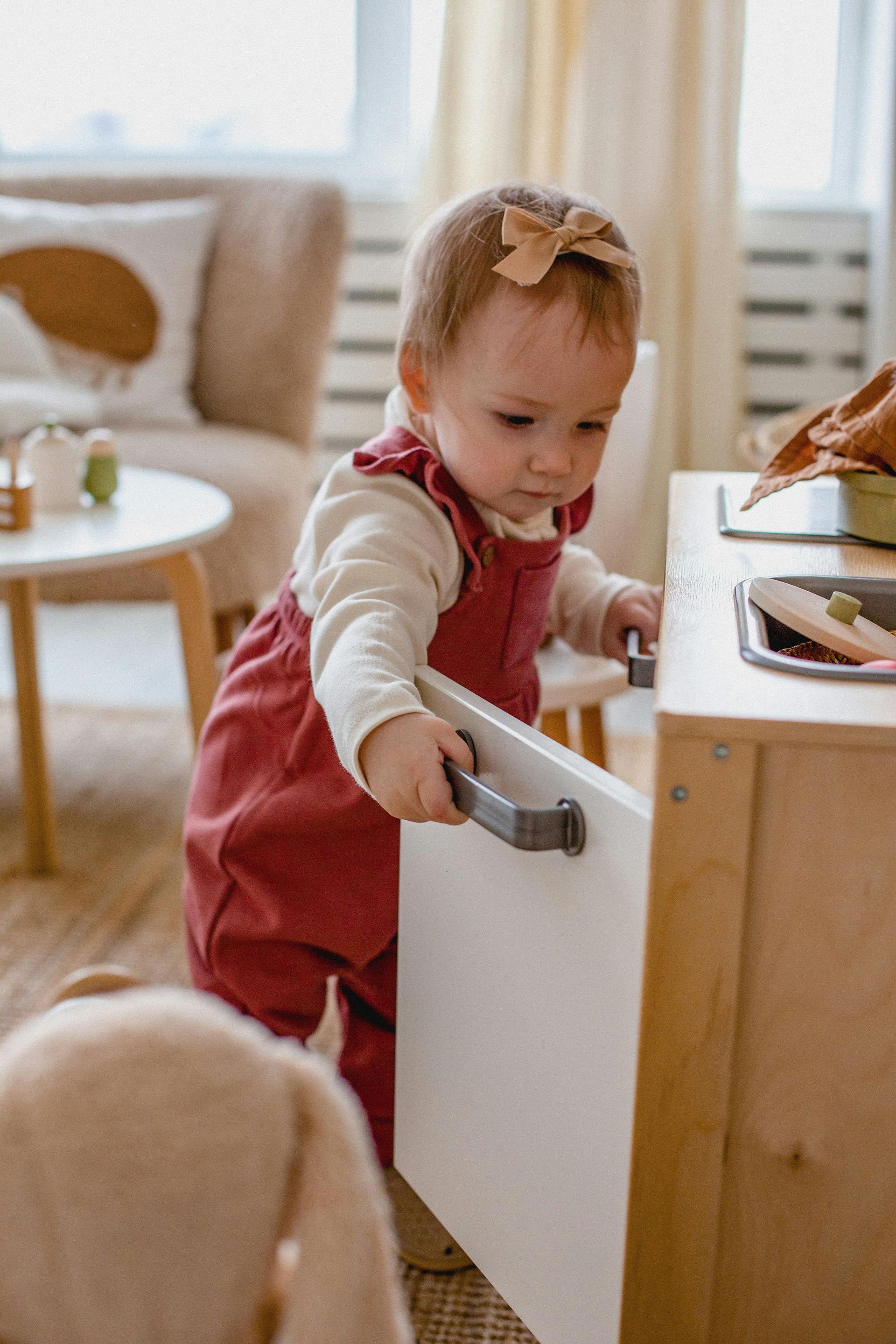
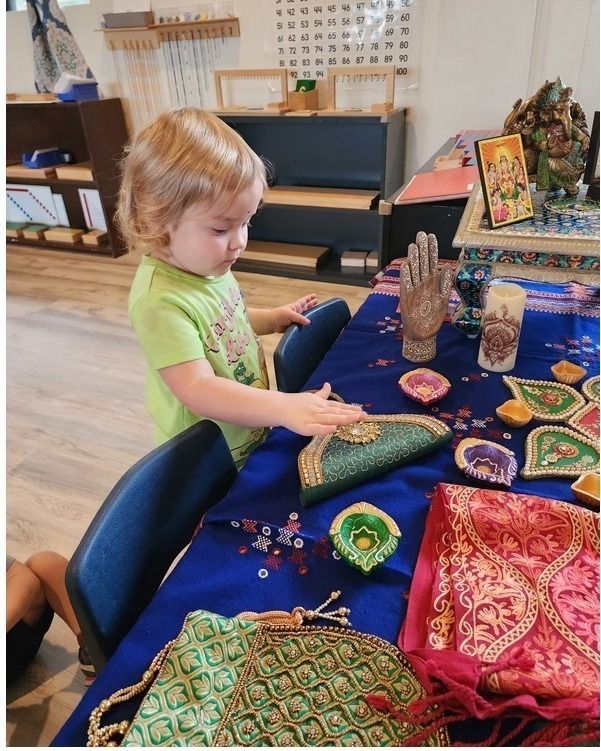
The Importance of Global Citizenship in Montessori Education: Introducing Kids to Different Cultures
